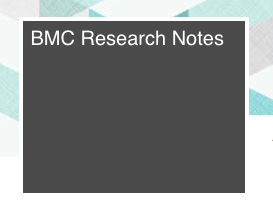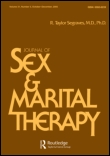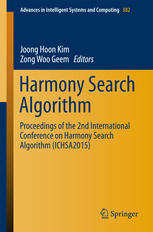 We don’t have a lot of information on a recent retraction of a 2001 paper published in a Japanese journal — just a brief and strongly worded note explaining that it follows “a strict, extensive, and judicious review.”
We don’t have a lot of information on a recent retraction of a 2001 paper published in a Japanese journal — just a brief and strongly worded note explaining that it follows “a strict, extensive, and judicious review.”
The paper, retracted 14 years after it was published, describes patients in Okinawa, Japan who developed severe symptoms following infection by bacteria belonging to the Aeromonas genus. One example:
The one patient was a 15-year-old high school girl student, who had been healthy in her school life, was admitted to the hospital with a sudden onset of left thigh muscle pain and swelling. She subsequently went into septic shock and died one day after admission. Pathological examination on autopsy revealed massive gas formation, skin bullas and ulcers, and extensive severe soft tissue damage throughout the body.
“Aeromonas species infection with severe clinical manifestation in Okinawa, Japan-association with gas gangrene” has been cited three times, according to Thomson Scientific’s Web of Knowledge. It was published in a Japanese journal, Rinsho Biseibutshu Jinsoku Shindan Kenkyukai Shi — which translates to the Journal of the Association for Rapid Method and Automation in Microbiology.
The retraction note suggests that there are major flaws: Continue reading 2001 sepsis paper “deviates from the ethical standard of authorship,” says journal
 An investigation at Taipei Medical University found that an author made “serious mistakes” when preparing a manuscript.
An investigation at Taipei Medical University found that an author made “serious mistakes” when preparing a manuscript.







